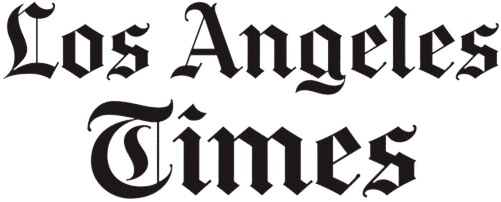Other Code of Conduct Violations
Aside from academic dishonesty and sexual misconduct, your school will likely have other types of behaviors it finds problematic. These behaviors may be lumped into one “general” code of conduct infraction category. At many schools, these general infractions may include:
Drug or alcohol possession: Most schools will make sure their school’s policies mirror those of their state. In Pennsylvania, there are stringent laws surrounding underage consumption of alcohol and drugs, including narcotics, steroids, and (recreational) prescription drugs.
Hazing: Many schools across the nation have recently issued strict policies against hazing, particularly when it goes too far. If your school’s social or sports clubs have initiation ceremonies that may involve embarrassment, injury, or property damage, these rituals may be prohibited.
Residential misconduct: College dorms represent, for many, the first time that students live away from home. Therefore, these dormitories can be difficult places to live. Your school may take steps to prevent dangerous scenarios with dorm-specific language in its code of conduct. For example, your school’s code of conduct may ban assault in the dorms or any destruction of personal property in your school’s residence halls.
Hate crimes: If a student commits an offense against another that can be connected to the other party’s sexual orientation, race, age, color, gender, or religion, that offense could be labeled a hate crime. This is a big deal: A seemingly innocuous or funny prank that is deemed a hate crime can result in a lot of permanent damage to the reputations of all involved.
Your school’s disciplinary processes will begin when your school learns about your alleged misconduct. This is dependent upon receipt of an allegation. Anyone can file an allegation. Academic dishonesty typically nets an allegation from an instructor, for example, while the victim of alleged sexual misconduct might be the one filing the allegation in that scenario.











